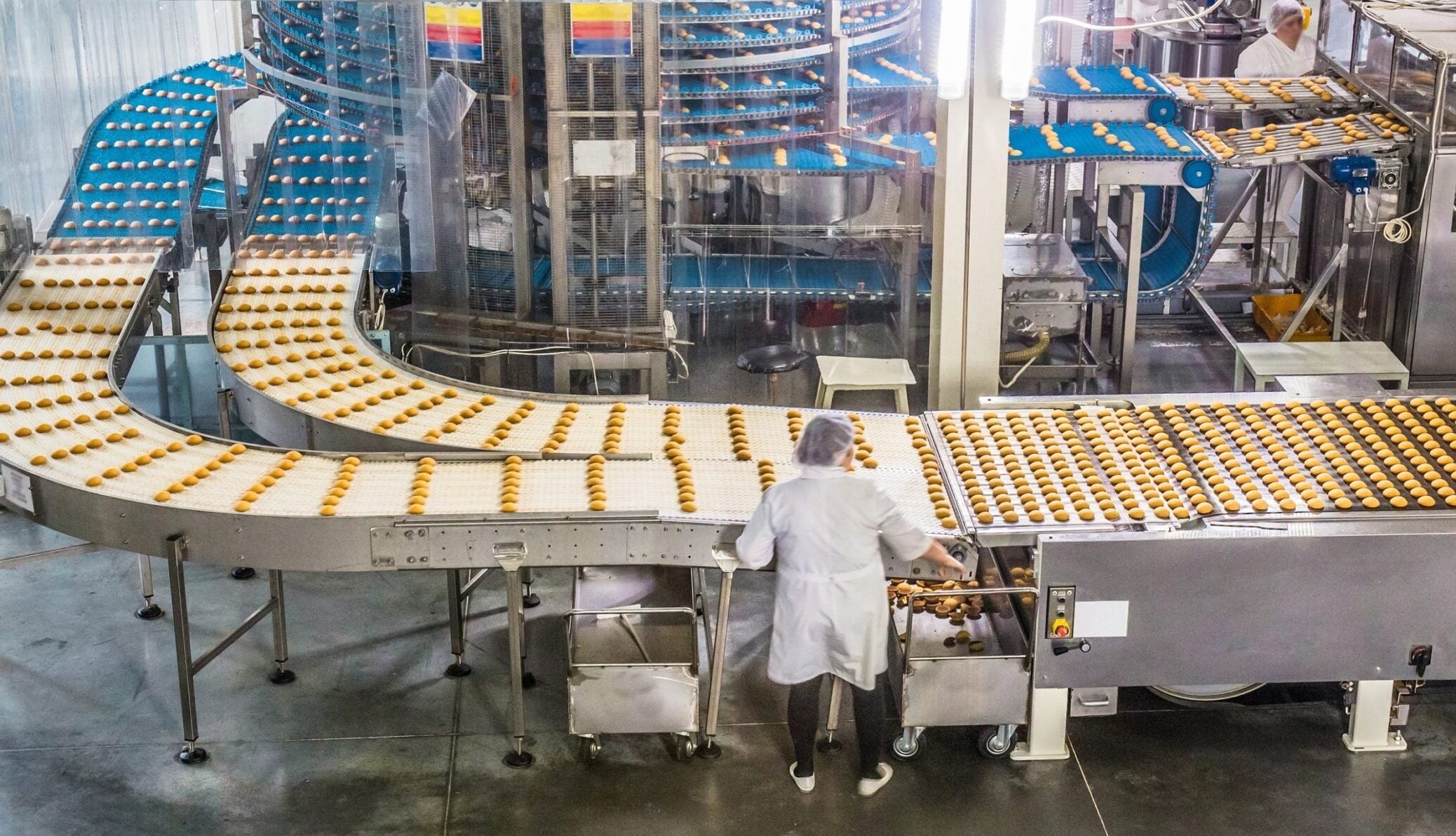Introduction
Private label specialty foods have actually come to be increasingly preferred in the retail industry. With consumers looking for distinct and top notch items, private label foods use a tasty solution that satisfies their taste buds and meets their expectations. In this short article, we will explore the world of private label foods, from their manufacturing to their impact on both retailers and consumers.
The Rise of Private Label Food Manufacturers Australia
Private label food manufacturers in Australia have actually experienced significant growth recently. These makers concentrate on producing private label food that cater to the certain needs and choices of merchants and customers. With a concentrate on high quality and development, they have actually carved a specific niche on their own in the competitive food industry.

Benefits of Private Label Food Products
Private tag foodstuff provide numerous advantages for both retailers and customers. Let's take a more detailed consider some of these benefits:
1. Quality Control
One of the major advantages of private label food is the control over quality. Retailers can work closely with private label food manufacturers to make certain that the items satisfy their wanted requirements. This allows sellers to supply high-grade items that align with their brand name image.
2. Customization
Private tag food manufacturing enables merchants to tailor their products according to their target audience's choices. Whether it's creating distinct tastes or satisfying certain nutritional demands, exclusive tag foods give flexibility in product development.
3. Affordable Pricing
Retailers can gain from competitive prices by opting for private label foods. Since there are no intermediaries involved, the price financial savings can be passed on to consumers, making these products extra economical compared to nationwide brands.
4. Brand Differentiation
Private label foods aid merchants differentiate themselves from rivals by providing special items not found elsewhere. This exclusivity develops a feeling of commitment among consumers that proactively seek these specialized items.
5. Boosted Revenue Margins
Private tag food typically have higher profit margins for retailers contrasted to national brands. With control over the entire production process, stores can maximize expenses and optimize their profits.
The Process of Private Label Food Manufacturing
Private tag food manufacturing involves numerous vital actions that guarantee the production of top quality products. Allow's explore the procedure:
1. Research and Development (R&D)
The R&D stage is critical secretive label food manufacturing. It involves marketing research to identify consumer trends, preferences, and preferences. Makers work carefully with retailers to create item concepts that align with their brand name and target market.
2. Recipe Formulation
Once the idea is settled, suppliers proceed to dish solution. This action entails creating a distinct mix of ingredients and tastes that satisfy the preferred taste account. Producers might additionally consider including LSI keywords such as "exclusive label specialty foods" and "private label food manufacturers Australia" to enhance internet search engine optimization.
3. Evaluating and Quality Assurance
Before mass production starts, suppliers perform strenuous screening and quality control checks. This makes certain that the items fulfill all security and quality standards set by regulatory bodies. Private label food manufacturers focus on consumer satisfaction by providing products that are secure, delicious, and consistent.
4. Product packaging Design
Packaging plays an essential role secretive label food products' success. Suppliers team up with sellers to design packaging that reflects the brand name's worths and interest customers. Attractive layouts combined with useful tags assist attract attention on private label food products shop shelves.
5. Manufacturing and Distribution
Once the product packaging layout is accepted, manufacturers begin manufacturing widespread. They follow rigorous manufacturing practices to maintain uniformity in taste, texture, and general item quality.
Distribution of private tag foods is done through different networks like supermarkets, on-line platforms, or specialized stores. Sellers play a crucial duty in guaranteeing these items reach their target market effectively.
FAQs regarding Private Label Foods
What are personal label foods? Personal label foods are items that are made by a business available under a seller's trademark name. These products use unique flavors and customization options.
How can merchants benefit from private label food manufacturing? Stores can gain from private label food production by supplying exclusive products, regulating top quality, and appreciating higher profit margins.
Are private label food products of premium quality? Yes, private label food producers prioritize quality assurance to ensure that their items fulfill the desired requirements established by retailers.
Can sellers tailor private label foodstuff? Yes, merchants have the versatility to customize private label food products according to their target audience's preferences.
Are private tag foods a lot more cost effective contrasted to national brand names? Yes, exclusive label foods are typically priced competitively, making them a lot more budget-friendly for consumers.
Where can consumers locate private label food products? Private label food are readily available in numerous retail outlets such as grocery stores, online systems, and specialized stores.
Conclusion
Private label foods have transformed the retail market by supplying a tasty service for both stores and customers. With their focus on quality control, customization options, and competitive pricing, these specialty products provide an one-of-a-kind experience that establishes them besides national brands. Stores can utilize the advantages of private label food manufacturing to differentiate themselves and increase their earnings margins. Customers, on the other hand, can take pleasure in high-grade products customized to their choices. As the need for unique and savory food expands, exclusive tag foods remain to prosper out there, satisfying the evolving tastes of consumers.
